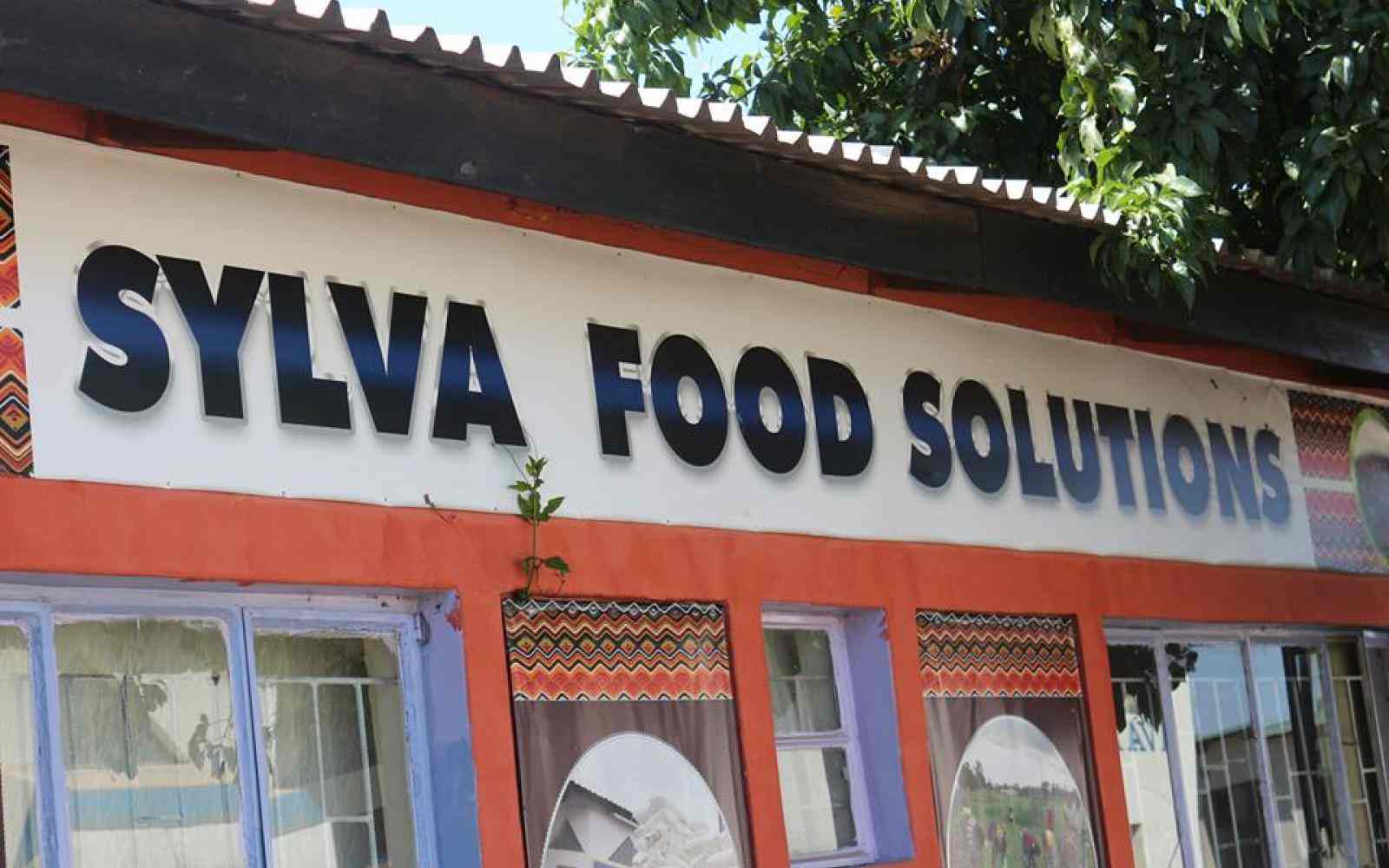Sylvia Banda: Growing Local Food Systems & Training Female Farmers

When Ashoka Fellow Sylvia Banda grew tired of her office job, she called in sick and started cooking. Without money to buy ingredients or updated cooking ware, she used what was already in her kitchen and let the aroma of the Zambian staples lure in customers. There was nowhere to sit. But the customers continued to come. Soon after, Sylvia opened her catering business.
More than 30 years later, her passion and dedication for local food has turned a catering business into a network of training programs across the region, and a mechanism to spread Zambian food around the world.
By 2017, Sylvia had trained 20,700 farmers, 90 percent of which are women. Initially focused on agricultural techniques, her approach includes: marketing, cooking, food processing, and drying techniques. Graduates form entrepreneurial-minded clubs for skill-sharing, harnessing collective selling power and implementing peer monitoring schemes.
Sylvia Banda is a formidable woman with a formidable business. Her no-nonsense, determined style has steered her to personal success by feeding the nation.
- BBC
Value is also provided to these farmers who can access country-wide Sylva Food Solutions (SFS) bulking centers, giving them a direct link to markets. Launched in 2005, SFS processes and packages Zambian-made foods such as cassava muffins and moringa tea bags. Sold domestically and abroad, Zambian staples are shared with the world.
Committed to local ingredients, Sylvia's tireless fight against their stigma is proving fruitful. And she continues to create economic opportunities around and spreads information about indigenous foods, many of which have high nutritional value and are better suited to their native environment.
Controlling both supply and demand, she has dramatically shifted the roles of small-holder farmers in the national economy. With three best-selling cookbooks and university-level training programs spreading across the region, Sylvia’s work is scaling, relentlessly galvanizing the local food scene and beyond.
